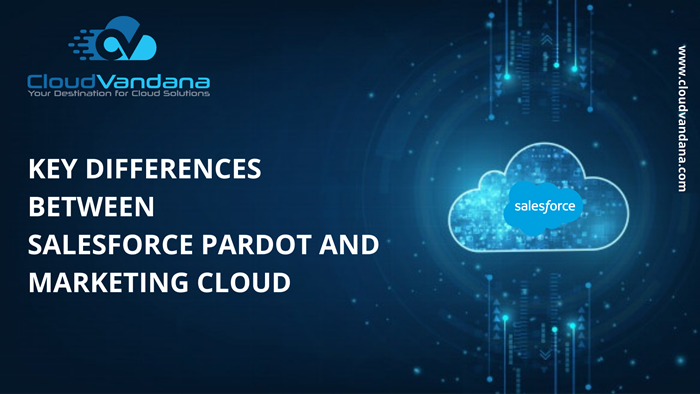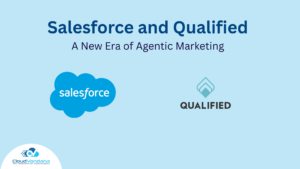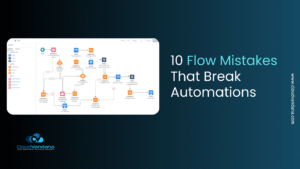Salesforce Marketing Cloud is a digital marketing automation platform and software service. On the other hand, Pardot is a marketing automation solution that helps companies create meaningful connections, generate more pipelines, and enhance sales to close deals faster.
Nowadays, users purchase Pardot as a part of Salesforce Marketing Cloud. So there are no such huge differences between the two platforms. However, users sometimes get confused with the features and flexibility that Marketing Cloud offers, or they can fulfill their marketing goals with Pardot, a great tool. So in this article, CloudVandana will describe the key differences between Salesforce Marketing Cloud and Pardot.
Salesforce Marketing Cloud Vs. Pardot
While selecting a marketing tool, there are three factors: the marketing team, the marketing strategy, and the technology. If a marketer wants t o link these factors, they need to focus on a few things.
1. Marketing Cloud is a complete marketing solution
Salesforce Marketing Cloud has gone through various transformations. As a result, this platform delivers multiple new features to the users through improving core functionality. With the help of this platform, users can experience end-to-end multichannel marketing campaigns. This campaign includes email marketing, digital advertising, social media marketing, and SMS/mobile messaging.
Some key features of Salesforce Marketing Cloud include –
- Email Marketing: The drag-and-drop segmentation of Marketing Cloud delivers emails at every stage of the customer journey.
- Interaction Studio: This platform’s built-in analytics feature helps recognize the customers and use AI-Powered insights to create account-based marketing seamlessly.
- Social Media Marketing: This platform enables media campaigning across social media platforms.
- Digital Advertising: This platform distributes advertisements across social media channels with the help of Advertising Studio.
- Mobile Messaging: This feature targets SMS messaging.
2. Pardot Is An Email-Centric Solution
Salesforce users can purchase Pardot as an added CRM solution or use it embedded within Marketing Cloud. However, Pardot is a little different from Marketing Cloud. Pardot is more focused on email. Though it has some functionalities around SEO and SEM, the core use of Pardot is all about email marketing, lead generation, and nurturing.
Some features of Pardot includes-
- Lead Generation: Pardot quickly builds landing pages and forms to convert visitors into prospects.
- Lead Nurturing: This platform helps nurture and other customer-centric marketing activities.
- Lead Scoring: Pardot identifies the key opportunities to send emails and follow up the leads at the right time.
- Email Marketing: Pardot is considered the best email marketing solution globally.
- Marketing Alignment: Pardot actively tracks CRM engagement and real-time alerts for the sales team.
So, the organizations planning to start an email marketing campaign can implement Pardot in their organization.
3. B2C And B2B
It is generally believed that Marketing Cloud is best suited for B2C, whereas Pardot is for B2B organizations. In some cases, this segmentation is accurate, but this differentiation mainly depends on the company’s organizational needs and strategy. Marketing Cloud is a flexible tool designed for 1:1 marketing, data integrations, and analytics, making it the ideal solution for customer relationships. Through this platform, marketers can provide interconnected, personalized, and customized marketing campaigns.
On the other hand, Pardot performs the best for B2B activities like lead generation, lead nurturing, email marketing, and CRM automation.
So, these were the differences between the two platforms. Companies can select the solutions as per the company size and organizational needs. Are you looking for a customized Salesforce solution for an automated business process? Please feel free to contact CloudVandana to get started.
















